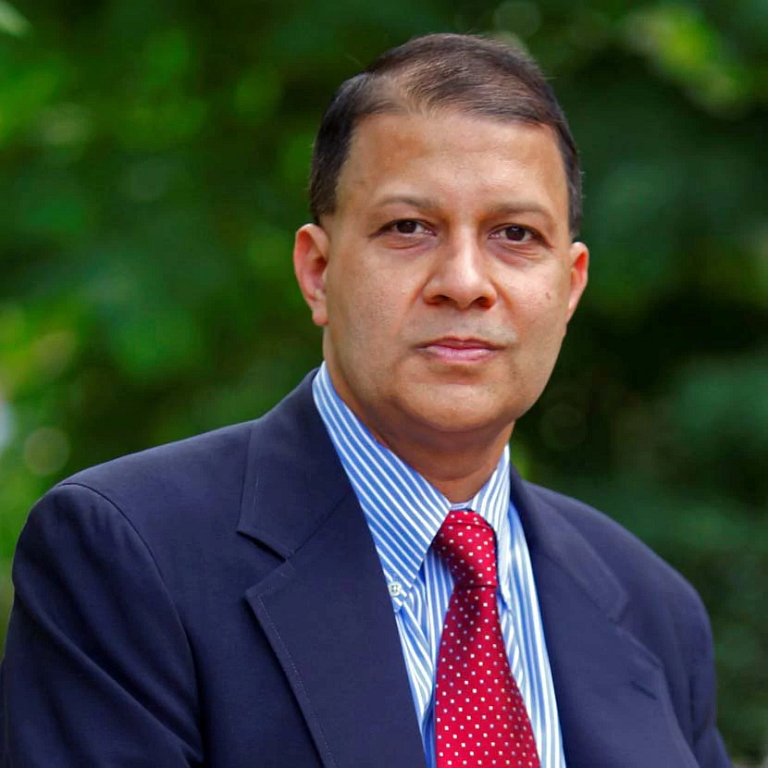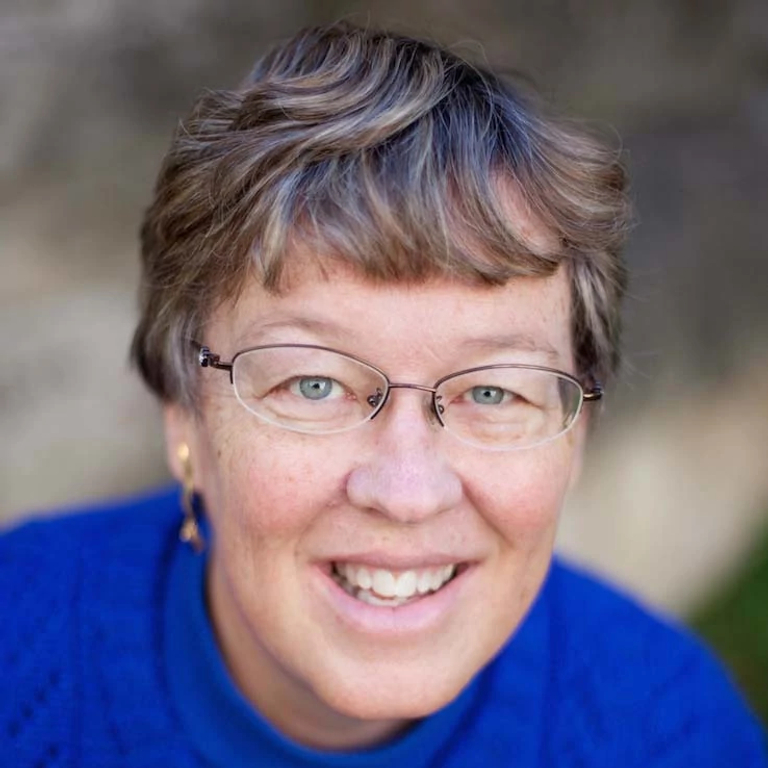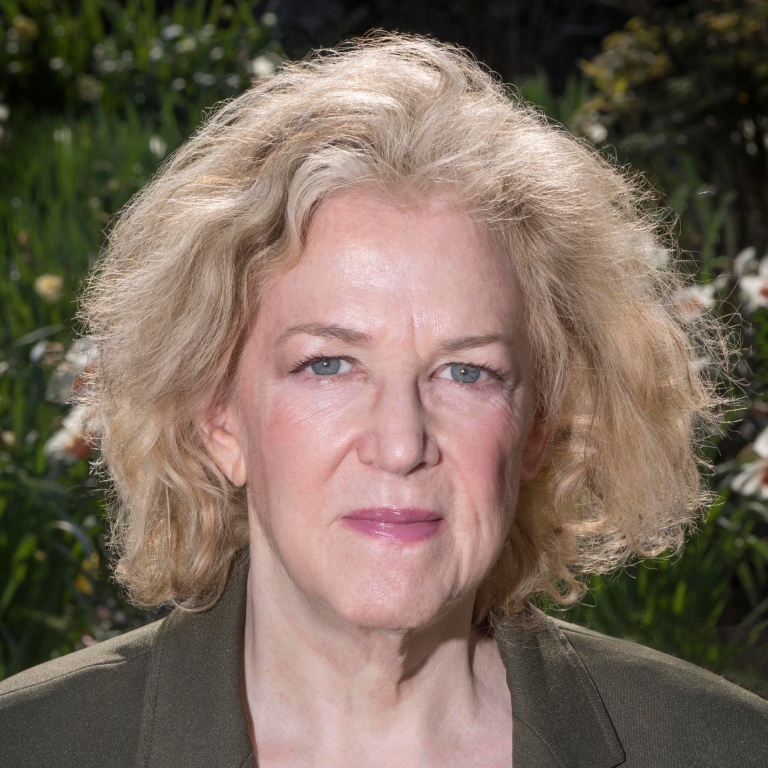The American Academy of Arts and Sciences, one of the oldest and most prestigious honorary societies in the United States, has elected three Indiana University faculty members – Jamsheed K. Choksy, Lynda F. Delph and Elisabeth A. Lloyd – to its ranks in its latest class of honorees.
Choksy is a Distinguished Professor in the Department of Central Eurasian Studies in the Hamilton Lugar School of International Studies, a Distinguished Professor of history in the College of Arts and Sciences, and an adjunct professor in the Department of Religious Studies in the College. Delph is a Distinguished Professor in the College’s Department of Biology. Lloyd is a Distinguished Professor in the College’s Department of History and Philosophy of Science and Medicine, and an adjunct professor in the biology and philosophy departments.

“Congratulations to Professors Jamsheed Choksy, Lynda Delph and Elisabeth Lloyd on their election to the American Academy of Arts and Sciences,” IU President Pamela Whitten said. “These three distinguished Indiana University faculty members have pursued excellence in their fields, and this honor in recognition of their exceptional achievements is well-deserved.”
They were among 261 new members elected in the 2022 class that was announced April 28. The class includes artists, scholars, scientists and leaders in the public, nonprofit and private sectors.
The American Academy of Arts and Sciences, founded in 1780, includes more than 250 Nobel and Pulitzer Prize winners. It represents and honors innovative thinkers across fields and professions who examine new ideas, address important issues and advance the public good.
Choksy is the foremost interpreter of the Zoroastrian religion, its communities and how Zoroastrianism, Judaism, Christianity, Islam, Hinduism and Buddhism interacted to reshape politics and societies in Iran, Central Asia and the Indian subcontinent. He studies more than two dozen languages to probe those cultures. His fieldwork, writings and lectures ensure comprehension of the impact of morality on human lives, why existence is viewed as a struggle between good and evil, and what roles people play in the universe.
His research has been lauded as “a paramount contribution” by the renowned anthropologist Claude Lévi-Strauss and “extraordinary” by eminent Middle East specialist Oleg Grabar. Choksy’s opinion on how faith shapes Central Asia, the Middle East and other areas is sought in national and international forums by scholars, policy makers and media organizations.

At IU, Choksy has served as chair of the Department of Near Eastern Languages and Cultures and the Department of Central Eurasian Studies, as well as director of the Middle East Studies Program. He has been a Junior Fellow at Harvard, a National Endowment for the Humanities Fellow at the Institute for Advanced Study in Princeton, a Mellon Fellow at the Center for Advanced Study in the Behavioral Sciences at Stanford and a Guggenheim Fellow. He is a Fellow of the Royal Asiatic Society and of the American Numismatic Society. Choksy also served on the U.S. National Council for the Humanities by presidential appointment and Senate confirmation.
Delph’s research interests involve evolutionarily based questions concerning various aspects of flowering plant reproduction from both ecological and genetic perspectives. She has worked to understand phenotypic evolution – why organisms look the way they do from the perspective of how selection is operating on them, and also how the genetic architecture of traits both contributes to and constrains adaptation. The Delph Lab she leads at IU focuses on evolutionary processes of a variety of organisms, along the continuum from adaptation to speciation.
Her work has been published in journals such as Evolution, The American Naturalist and Current Biology, and in the Proceedings of the National Academy of Sciences.
Delph was named an American Association for the Advancement of Science Fellow in 2010 and received a Guggenheim Fellowship in 2005. At IU, she has received the Trustees’ Teaching Award and the Teaching Excellence Recognition Award. She was president of the Society for the Study of Evolution in 2021.

Lloyd has research interests in the philosophy of biology, general philosophy of science, philosophy of climate science, the role of models in science and gender issues in science.
She is the author of the 1988 book “The Structure and Confirmation of Evolutionary Theory,” and she has co-authored papers with renowned biologists and climate scientists on topics such as species selection, individuality and adaptation, and climate change impacts on extreme weather events. Lloyd edited the 2018 collection “Climate Modelling: Philosophical and Conceptual Issues.” She has also been a fellow at the Evolution Think Tank in Germany, an affiliate scientist at the National Center for Atmospheric Research in Colorado and the Arnold and Maxine Tanis Chair of History and Philosophy of Science at IU.
Lloyd’s 2015 paper “Adaptationism and the Logic of Research Questions: How to Think Clearly About Evolutionary Causes,” led to a new research framework across a variety of sciences, including climate science, neuroscience and archaeology. Also, four of her papers analyzing climate science have been cited by the Intergovernmental Panel on Climate Change, the United Nations body for assessing the science related to climate change. Her 2005 book, “The Case of the Female Orgasm: Bias in the Science of Evolution,” won top prizes in the fields of philosophy and science.

